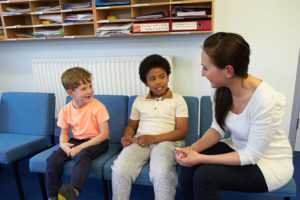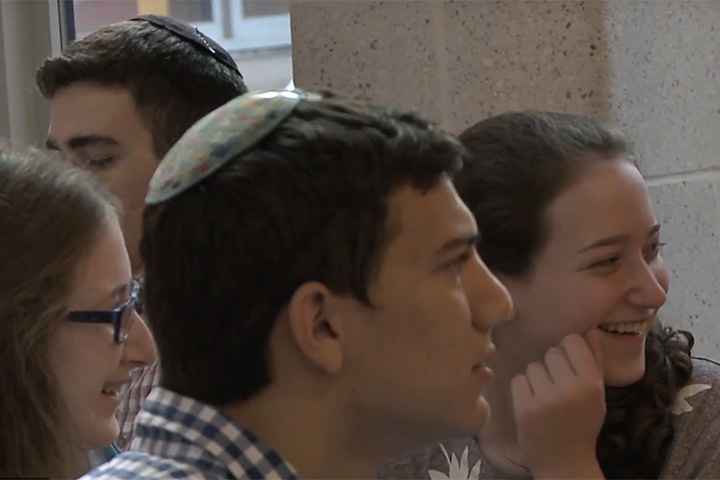A Yale University summer school is helping Jewish students who do not attend Jewish schools to study how their faith plays into a variety of issues—from public policy to economics, history and statesmanship—in a bid to cultivate young leaders.


A Yale University summer school is helping Jewish students who do not attend Jewish schools to study how their faith plays into a variety of issues—from public policy to economics, history and statesmanship—in a bid to cultivate young leaders.
Over the last six years, the Tikvah Institute for High School Students has hosted juniors and seniors from Jewish schools at Yale’s campus in New Haven, Connecticut, and this year the summer school is offering classes specifically designed for Jewish high-schoolers who don’t attend Jewish schools.
The new Maimonides Scholars program is sponsored by the Maimonides Fund, a Jewish philanthropy organization, according to the Jewish Standard. The Maimonides Scholars program is an addition to the current Tikvah Scholars program, which caters to Jewish students who attend Jewish day schools.
Former Orthodox Jewish school principal and Tikvah Institute dean Rabbi Mark Gottlieb explained that the new Maimonides Scholars program isn’t designed to promote a particular view of Judaism, but rather to cultivate leaders outside of the traditional Jewish school system.
“We aim to reach these students where they are, showing them the sophistication and beauty of Jewish thought in a nondenominational way,” he said. “We will have teachers representing different denominations, and students won’t be expected to adopt Orthodox practice. We don’t intend to convey an exclusive or monolithic view of Judaism. When students are exposed to Jewish texts and ideas that speak to them, we expect they’ll grow closer to Judaism, wherever they are in their practices and beliefs.”
The intent, he said, “is to train these students to take on leadership positions in the Jewish community on campus and beyond, by teaching them a broader base of knowledge and wisdom through history, politics, and philosophy,” Gottlieb said.
The Jewish Standard reports:
While the Tikvah Scholars and Maimonides Scholars sessions will be separate and geared to each cohort’s educational background, there will be integrated experiences, including a debate workshop. Both cohorts will be provided with kosher cuisine and a choice of non-mandatory Shabbat options for prayer, meditation, and study.
All 120 students are urged to “see each other as real allies in the struggle to represent and live their Judaism in a deep, sophisticated, and proud fashion, building up to the time when they arrive at college together,” Rabbi Gottlieb said.
In essence, the summer school, as a whole, draws out the unique strengths and contributions of Judaism in a way that is not “an exclusive or monolithic view of Judaism.”
James Davison Hunter, founder of the Institute for Advanced Studies in Culture, in the final chapter of The Death of Character offers this hopeful word regarding the kind of work that the Tikvah Institute is pioneering.
Creating space in this way for different moral communities to flourish in public and private life might very well lead to conditions that are conducive to the growth of people of good character . . .
That certainly bodes well for the students accepted to the Maimonides Scholars program—and for the schools to which they will return in the fall.
Jewish families can find out more about the Maimonides Scholars program, which runs from June 24 to July 8, 2018, on the program’s website. Applications are available online, and the deadline to apply is February 16, 2018.